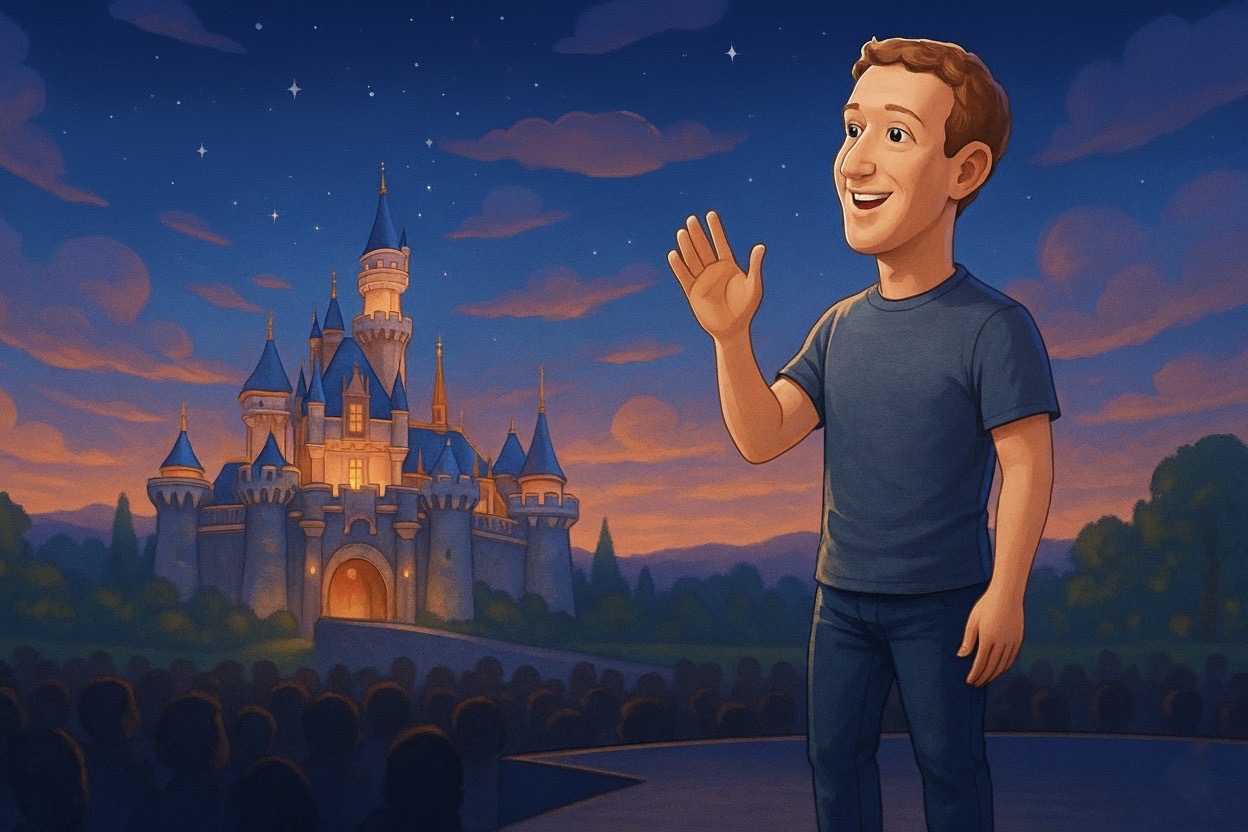On May 14, 1984, in White Plains, New York, a boy was born into a family of doctors and educators. His name was Mark Elliot Zuckerberg.
He grew up in Dobbs Ferry, tinkering with computers in his bedroom. By middle school, he had built messaging software for his father’s dental office so the receptionist could “ping” him without shouting across the hall.
“The biggest risk is not taking any risk.”
A Harvard Dorm Room
In 2002, Mark entered Harvard University, studying computer science and psychology. Known for his fast typing and faster ideas, he created small projects like CourseMatch (a tool for picking classes) and Facemash (a hot-or-not style game that briefly landed him in trouble with the administration).
But in 2004, in his Kirkland House dorm room, he launched a new site called TheFacebook. Initially for Harvard students, it allowed users to create profiles, share photos, and connect with classmates.
Within weeks, it spread to other Ivy League schools, then to universities across the U.S.
“By giving people the power to share, we’re making the world more transparent.”
The Social Network
Mark dropped out of Harvard and moved to Palo Alto, California, to build Facebook full time. The energy was raw: rented houses, makeshift offices, engineers coding through the night.
By 2006, Facebook opened beyond universities. Within a few years, it became the dominant social network of the internet age.
“Move fast and break things. Unless you are breaking stuff, you are not moving fast enough.”
The platform changed how people interacted — friendships, news, business, even politics began flowing through Facebook’s digital veins.
Growth and Power
As Facebook grew, so did its influence. Mark expanded into mobile, advertising, and global reach, acquiring Instagram (2012), WhatsApp (2014), and Oculus VR.
In 2012, Facebook went public, making Zuckerberg one of the youngest billionaires in history. Yet he remained more coder than CEO, often appearing in a gray T-shirt and hoodie, focused on the mission:
“Our mission is to make the world more open and connected.”
The Storms of Controversy
With power came scrutiny. Facebook faced criticism for privacy lapses, data misuse, and its role in spreading misinformation and influencing elections.
Mark testified before the U.S. Congress in 2018, defending his company’s practices and pledging reform.
“We didn’t take a broad enough view of our responsibility, and that was a big mistake. It was my mistake, and I’m sorry.”
Meta and the Metaverse
In 2021, Zuckerberg rebranded Facebook’s parent company as Meta, betting on the future of virtual and augmented reality — the metaverse, a digital universe where people can work, play, and live in immersive spaces.
It was both a bold pivot and a gamble, reflecting his belief in building for decades ahead rather than just the present.
“The metaverse is the next chapter of the internet.”
The Legacy Still Unfolding
Mark Zuckerberg’s journey is far from over. To some, he is a visionary who gave humanity a new language of connection. To others, he is a symbol of unchecked power in the digital age.
What cannot be denied is that from a Harvard dorm room to global boardrooms, he reshaped how billions of people communicate.
“In a world that’s changing really quickly, the only strategy that is guaranteed to fail is not taking risks.”
“Helping a billion people connect is amazing, humbling, and by far the thing I am most proud of in my life.”
“When you give everyone a voice and give people power, the system usually ends up in a really good place.”
“The question isn’t, ‘What do we want to know about people?’ It’s, ‘What do people want to tell about themselves?’”
“Done is better than perfect.”
